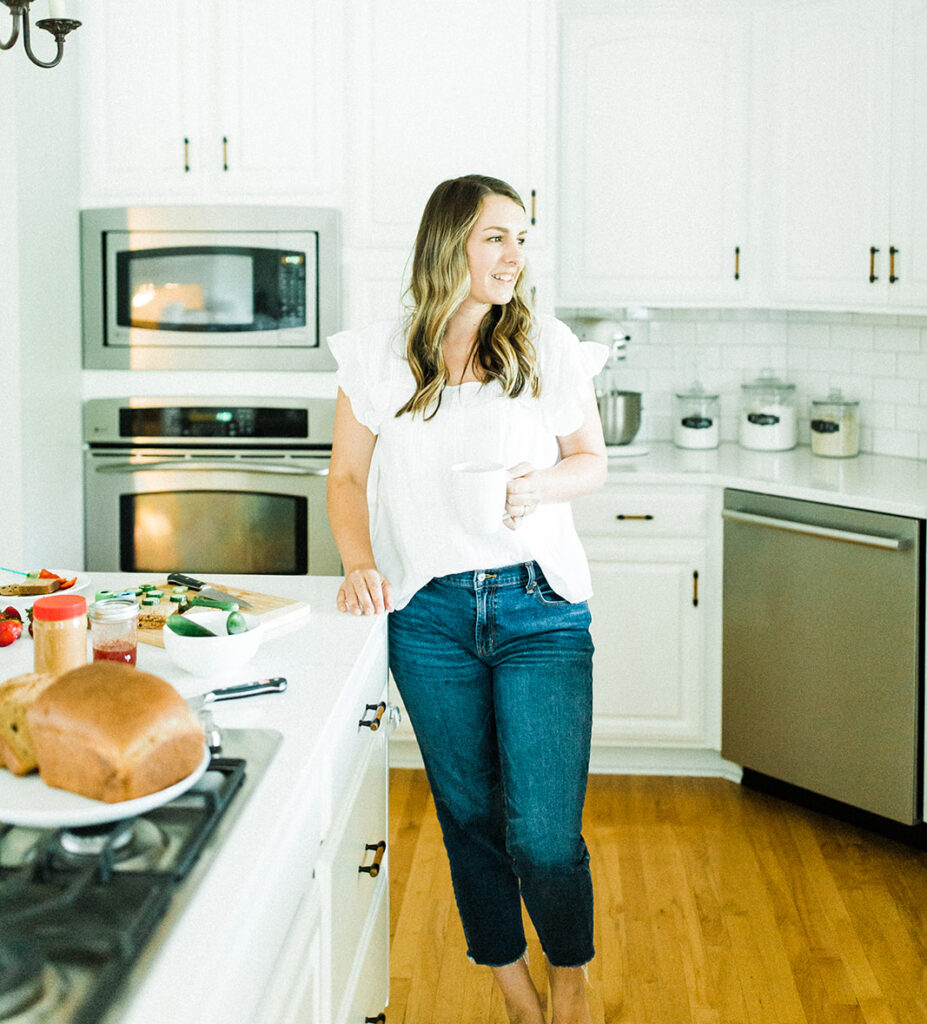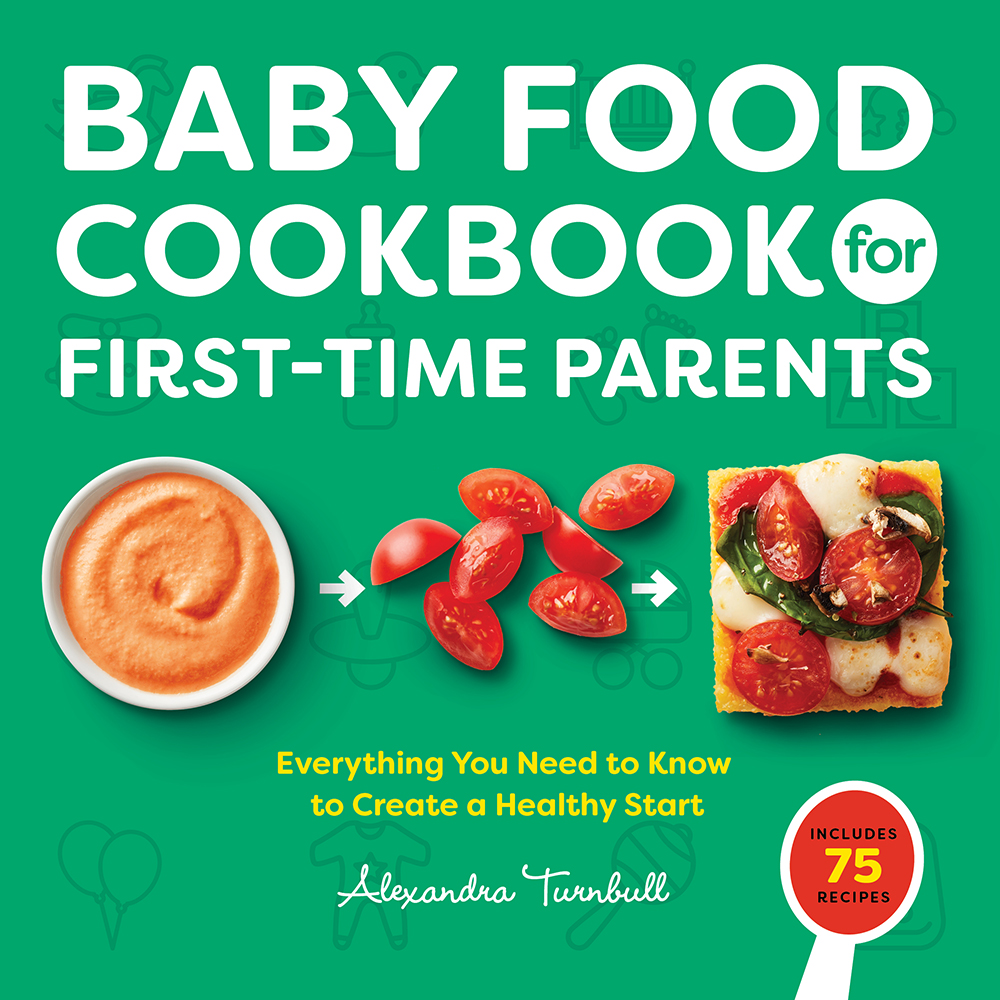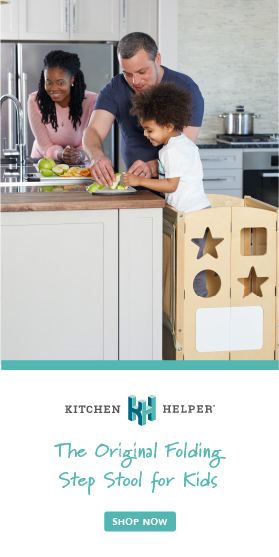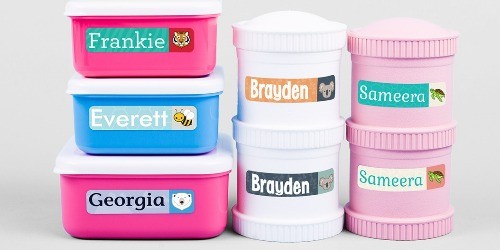If I asked you right now how to tell if your baby is ready for solids, what would you say?
Many parents think that at six months their baby is automatically ready to begin solids. OR maybe you’ve even heard four months is okay. What’s the actual answer? It depends.
The American Academy of Pediatrics recommends the introduction of solids around six months of age and that introducing solids earlier than four months is associated with increased weight gain and not the weight gain you’re hoping for.
The Centers for Disease Control recommends introducing solids at about six months of age and by seven to eight months they should be eating a wide variety of foods.
The Whole Health Organization (WHO) recommends introducing solids around the age of six months. They also state that if complementary foods are not introduced around six months, an infant’s growth may falter.
I recommend in my Baby Food CookBook for First-Time Parents that you decide if your baby is ready to start solids based on a variety of developmental milestones – not just a specific date – 6 months – this is just one of the several things to consider when safely introducing solids to your baby. This will look different for every baby.
As you may notice, the language used by these highly recognized organizations is not black and white. They use words such as “around” and “about.” Again, a reminder that your baby may not be ready right on the day they turn six months old – it may be a little before or after, depending on their developmental readiness.
Here are the main things to look for:
Table of Contents
1. 6 months of age
While there’s nothing magic about midnight of the day your child turns 6 months old, this is the general guideline for when most babies are developmentally ready to begin solids safely. Some do start sooner or later, depending on their individual developmental readiness.
2. Good head control
For a child to safely start to swallow solids, it’s important for them to be able to hold their head up well. This takes a lot of strength as a baby’s head is roughly one-third to one-quarter of their total body length around this time.
3. Sitting with minimal assistance
Another important indicator for your child to safely be able to swallow solids is being able to sit with minimal assistance. It is what it sounds like – minimal assistance. They may not be able to sit for hours on their own, but you shouldn’t be relying on the high chair harness to be holding them up.
4. Bringing objects to mouth
While it takes time for an infant to master using utensils, simply the motion of moving objects towards their mouth can be the beginning of mastering self feeding. This, as with everything, takes time and practice.
5. An interest in food
You may start to notice your child watching you eat or reaching for your plate. This is a great sign. It shows that your baby is interested in the next step. If you find that your baby is upset at mealtimes or refusing solids altogether, it may not be time to start. Take a few days to a week off and try again, with no pressure.
These are the developmental milestones you should look for before introducing solids. There’s no trophy that goes out to whoever can introduce solids the quickest. Be patient, take your time and wait for when your baby is ready. The goal throughout introducing solids is to let your baby be the guide as to when they are ready, how much they eat and when they are done. The more you can let them guide you, the more successful mealtimes will be.
As always, speak with your child’s pediatrician regarding their development and growth.
For more information on what, when and how to introduce solids to your baby, get my Baby Food Cookbook for First Time Parents. This cookbook includes 75 recipes from purees to soft table foods that are simple to make and many the whole family can enjoy.





